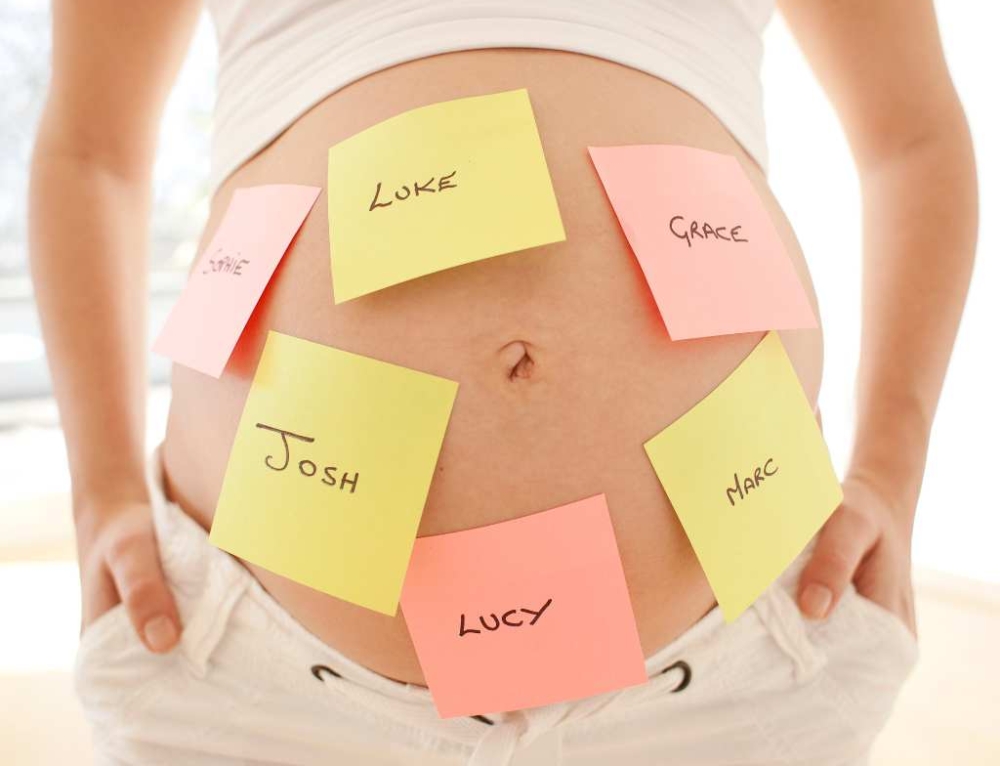There are many reasons couples delay starting a family, but advancing age does have an impact on both partners fertility – in fact it is the single biggest factor affecting the chance to conceive and carry a healthy baby to full term.
We take a look at the range of factors that over time cause a decline in fertility and getting pregnant.
Decline in fertility – the stats
Conception rates for normal healthy couples are usually around 20-25 percent per menstrual cycle. Once you reach the age of 35, your fertility begins to decline. By age 40, it is estimated that your conception rate is in the range of 8-10 percent per month and at age 43, the pregnancy rate is thought to be as low as 1-3 percent per month.
Ovaries and eggs
At puberty, ovaries typically have around 300,000 eggs. For each egg that matures and is released each menstrual cycle, there are at least 500 eggs that do not mature and are absorbed back into your body.
By the time menopause is reached, usually around age 50-55, only around 10,000 eggs remain. In addition, as you age your eggs also age, making them less capable of being fertilised.
Problems with ovulation (where the egg is released from the ovaries ready to be fertilised) can also occur. This can be as the result of dysfunction in the brain and glands that control ovulation or a problem with the ovaries themselves.
Finally an early perimenopause / menopause – when periods stop earlier than usual – can cause fertility problems.
Damage to the reproductive system
Over time various things can happen to the reproductive system causing scarring and other damage. Miscarriage, pelvic infection, tubal damage, endometriosis, and fibroids can all impact on your ability to get pregnant. Damage to testicles and their sperm making abilities can also occur over time.
Lower libido
Age can also have a bearing on sexual function, with libido and frequency of sexual intercourse often decreasing with age.
Changes in sperm
Although still being studied, it is thought that the quality of sperm may begin reducing from the mid-40’s onwards.
Lifestyle
Although lifestyle can affect fertility at any age, if some poor lifestyle choices have been made over a long period of time their impact may be greater. Cigarette and marijuana smoking and being overweight can also impact fertility.
If you are concerned about the effect your age might have on your own fertility, or the health of a baby, speak to your doctor for more advice.
Read more:
Read about the five phases in a normal menstrual cycle:







Leave A Comment
You must be logged in to post a comment.